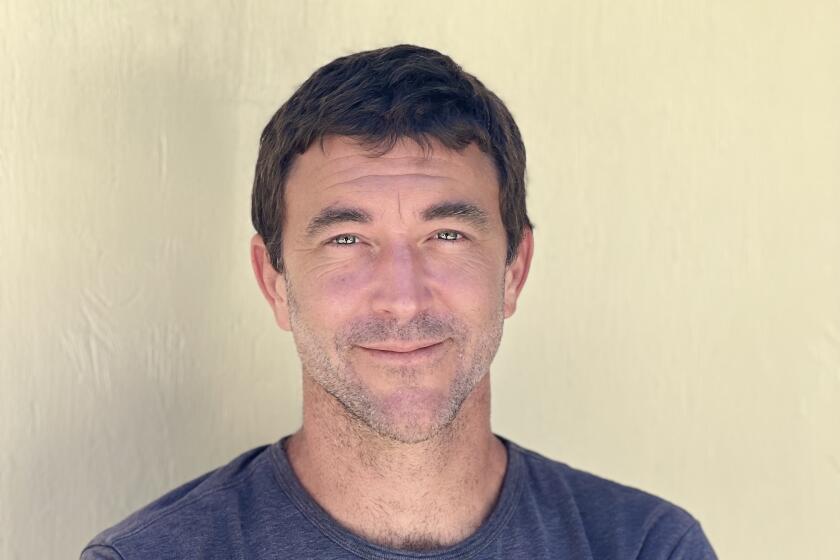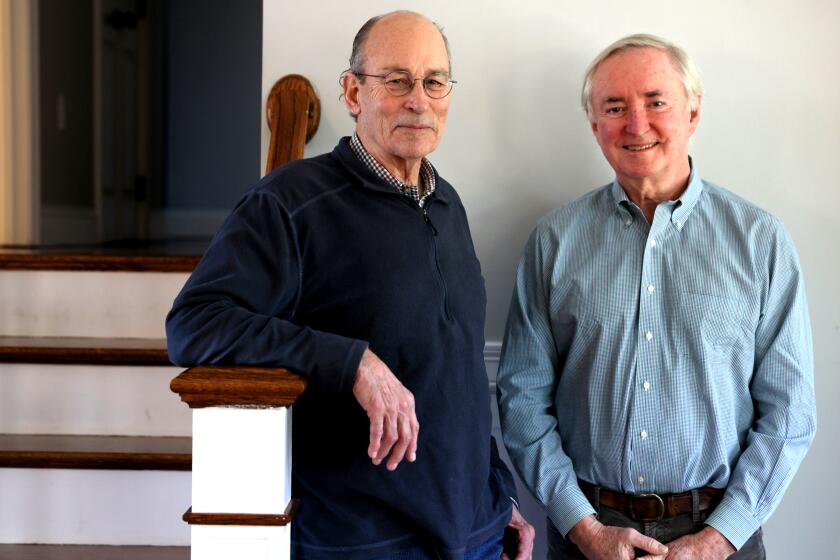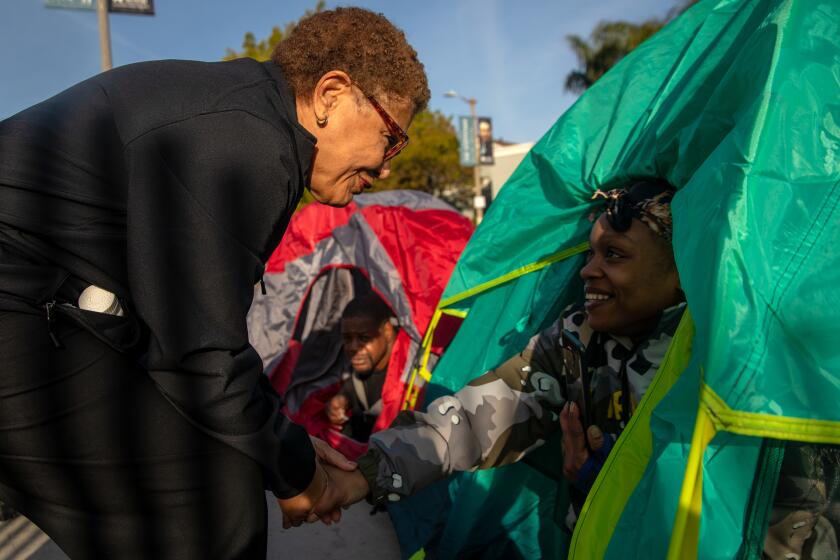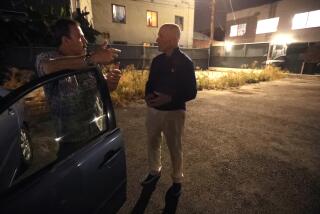Matthew Desmond wants to make you uncomfortable about poverty in America
On the Shelf
Poverty, by America
By Matthew Desmond
Crown: 304 pages, $28
If you buy books linked on our site, The Times may earn a commission from Bookshop.org, whose fees support independent bookstores.
When Matthew Desmond published his first book, “Evicted: Poverty and Profit in the American City,” in 2016, he set out to immerse himself in the everyday lives of people facing eviction. Along with a website, justshelter.org, his research has opened readers’ eyes to just how many Americans are chronically on the verge of losing their homes.
“Evicted” won a Pulitzer Prize, became a bestseller and was named among the New York Times’ 10 best nonfiction books of the decade. But Desmond’s new follow-up is even more ambitious. “Poverty, by America,” out this week, tackles the societal, systemic, structural and institutional issues that perpetuate poverty at large. He puts a clear challenge to readers, prodding us to face the uncomfortable question of how we are all implicated. But he also proposes solutions: investing in more anti-poverty programs; stopping the exploitation of low-income workers; and embracing the idea that everyone can prosper. In tandem, Desmond is also launching a new website, endpovertyusa.org, that aims to connect people with more than 4,000 service providers, anti-poverty and legal aid organizations.
Desmond spoke to The Times by phone about his new book — and the ways we can move the needle on poverty — for an interview that has been edited for length and clarity.
In ‘Children of the State,’ award-winning writer Jeff Hobbs spent months inside juvenile facilities. It was an experience of heartbreak and hope.
What was different about your writing and reporting process for this book as compared to “Evicted”?
I was reading [“There There”] by Tommy Orange, and ran across this sentence where he says, “These kids are jumping out of burning buildings, and falling to their deaths and we think that the problem is they are jumping.” That’s a perfect encapsulation of the U.S. poverty debate. I want to write a book about the fire — about who lit it, who’s warming their hands by it, and so I think that meant writing a different style of book. I really believe in the power of narrative, the power of bearing witness, but I think for this book, and the question that I was trying to get after, I wanted to move the camera aperture.
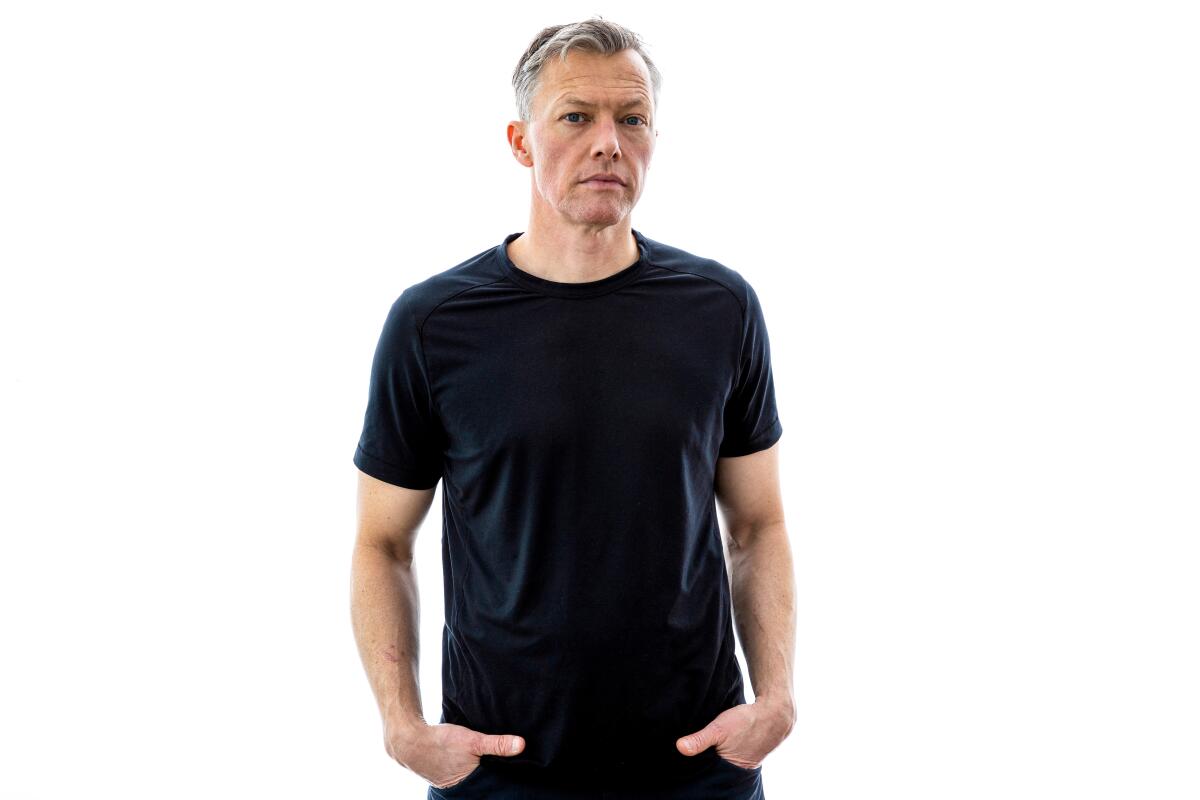
What was the biggest misconception you had about poverty before writing this book?
One of the things that blew me away was how utterly imbalanced our welfare state is — and I’ve been on the housing beat for several years. Something I always used to bring up was the difference between the amount of money we spend on the mortgage interest deduction versus direct housing assistance to families that need it the most. Last year, I think something like $53 billion went into every single affordable housing program we have. But the country spent about $193 billion on homeowner tax subsidies and most of that money goes to families with six-figure incomes. This idea that we spend so much more subsidizing affluence versus alleviating poverty really just bowled me over.
Would you say it’s more difficult to ask for help or to get help in America?
They’re both hard. One of the crazy things that I learned is just how much low-income folks are leaving on the table in social programs that are designed to help. The “why” isn’t just about stigma. It doesn’t even seem to be primarily about stigma. It seems to be that we’ve made these programs unnecessarily complicated and hard to apply for.
But it also is hard to ask for help. When I look at other social movements, I’m jealous about the pride people take in identities that movements have been based around. There’s Black Lives Matter signs. There’s gay rights flags. But a lot of poverty in America is still so incredibly stigmatized that a lot of folks that are under the [poverty] line don’t want to accept that as their identity.
Pulitzer Prize-winning author Tracy Kidder joins the Los Angeles Times Book Club on Jan. 26 to discuss his newest book, “Rough Sleepers.’
What are some ways you found you’re implicated in the poverty system?
One way I’m implicated is I’m a homeowner. My family takes a mortgage interest deduction. I have said publicly, and I’m saying to you, again, I don’t want this thing. Does it spur homeownership? No, there’s no evidence that it does. It just makes homes like the kind that I own worth more. I would love to see more of us who benefit from tax breaks to really push back against them.
It’s caused us to think about our consumer choices, where we’re shopping, where we’re buying, what companies we’re supporting. And that takes a lot of homework. Thinking about shopping a little slower, more deliberately, making sure we’re not supporting corporations that have a track record of union busting and then joining poverty movements and volunteering and giving to them. I love this question because I think that it’s the move this book is trying to get us all to consider. I think we’re all connected to this.
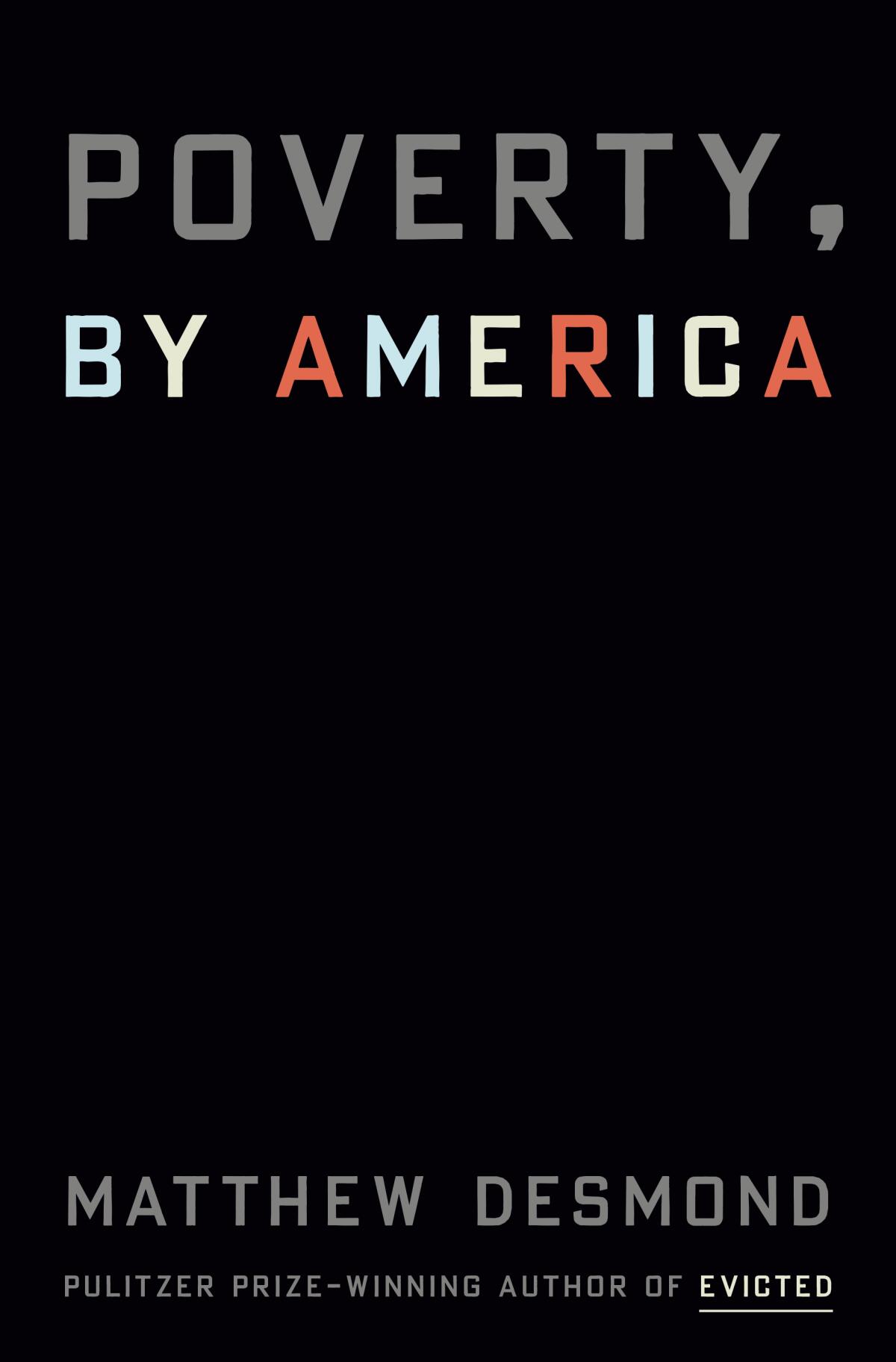
How do we get people to have better conversations about poverty?
It’s interesting to me to meditate on this idea of: Do people believe stories that we’ve told ourselves about the poor for years, or are those stories just convenient ways to avoid the problem? It’s a book about poverty, but it’s not really a book about the poor. This is a book about the decisions that many of us in our daily lives and certainly decisions that our government has made — and our corporations have made — to allow and perpetuate all this poverty in this land. It’s an ambitious book. I want to end poverty. I don’t want to reduce it, I want to abolish it. I don’t want to treat it, I want to cure it. I think that ambition is something that is missing a lot from the poverty debate.
L.A.’s mayor said she expects about one-fourth of those people will come from her Inside Safe program, which has gone to 13 locations so far.
One of the obstacles to addressing poverty is the discomfort many people have around it. How do we navigate that?
I think that should discomfort us much more than it does. I think that we should be ashamed about that. We get in our nice cars, and we go on the freeway, and we drive past tent encampments and we make our homes bigger, and we defund public housing and we defund public infrastructure. And this is why poverty diminishes us all. It drags us all down. The presence of the tents reminds us that the country hasn’t fulfilled its promise and that we’re implicated in that. We go out to eat. Are the people that are working here paid adequately, are they being taken care of? We spend the night at a hotel. We have no idea if the people that are changing our sheets are protected, if they have a living wage. I think that an America that ends poverty is an America that confronts those issues.
What scares you the most, having written this book?
I’m scared that people will read it and they’ll say, “Oh man, that’s something,” and they’ll go on with their life. That’s what I’m really scared about. I’m scared that it’ll be another thing that elicits a sigh. I’d like it to be something that elicits “No, enough” — something that elicits us to move.
Desmond will be in conversation with Michael Tubbs for Live Talks Los Angeles at the William Turner Gallery on March 30 at 8 p.m.
More to Read
Sign up for our Book Club newsletter
Get the latest news, events and more from the Los Angeles Times Book Club, and help us get L.A. reading and talking.
You may occasionally receive promotional content from the Los Angeles Times.
